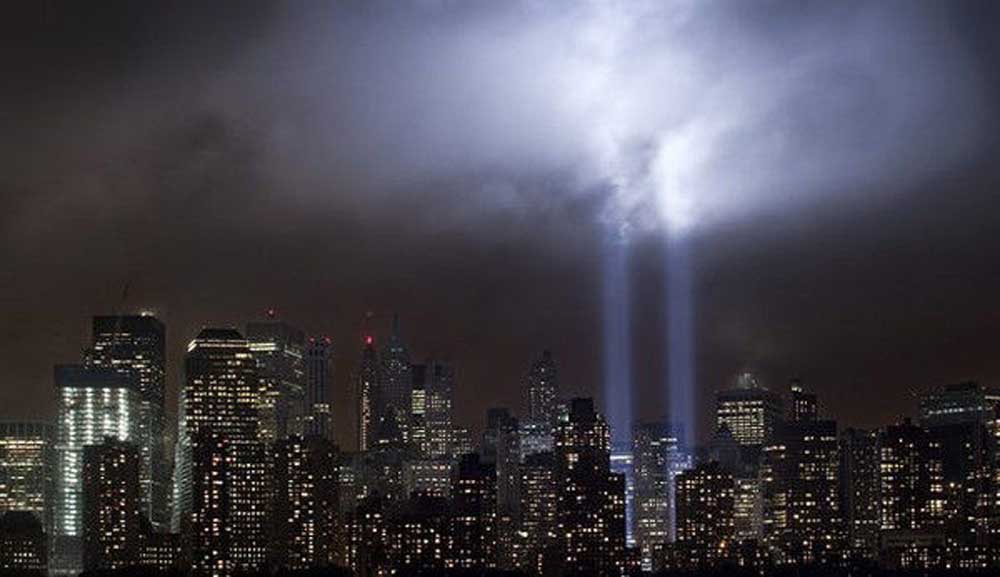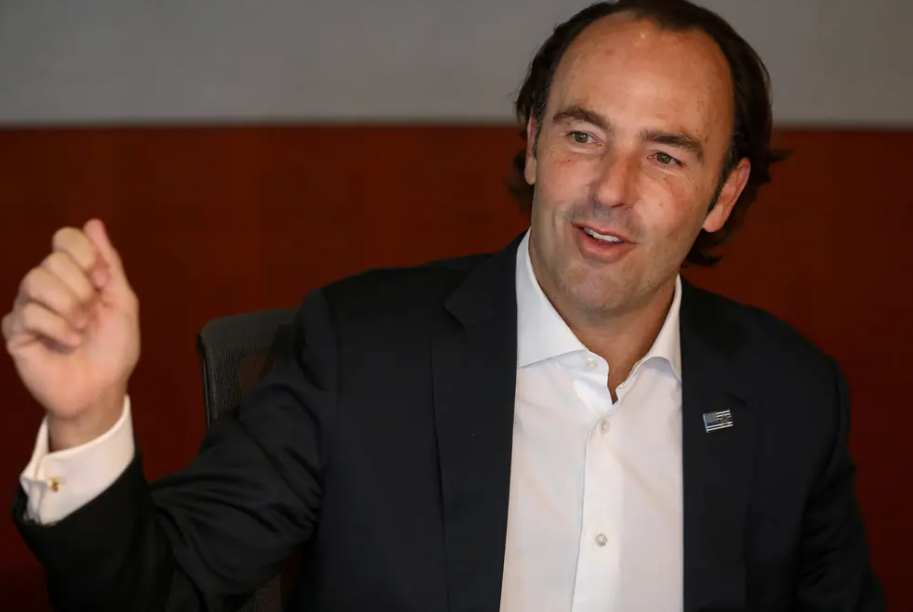We cannot forget the lessons of 9/11
Published 8:27 pm Thursday, September 11, 2014

- Courtesy/Kentucky.com
We all woke up on Sept. 12, 2001, to a drastically changed world. And that’s the world we still live in. It’s a world in which terrorists, both abroad and at home, plot to harm innocent Americans simply for being American.
The lessons of the intervening 13 years are clear. First, the world remains a dangerous place, and no amount of “understanding” or dialogue or appeasement will make Islamic radicals cease their jihad against civilization.
Trending
The second lesson is a lesson we’re really re-learning: Weakness is provocative.
And third, we’ve learned that we needn’t abandon our most basic principles to achieve relative safety.
Let’s look at the first lesson more closely. America remains a target.
“Air strikes in Iraq, ongoing unrest in Syria and the beheadings of two American journalists are casting a long shadow over the 13th anniversary of the Sept. 11 attacks,” the Associated Press reports. “While there was no specific threat against New York ahead of the Thursday commemoration, the rising power of disparate militant groups around the world presents the most complex terrorism danger since the twin towers were destroyed…”
This is despite years of efforts by U.S. administrations to build bridges with the Muslim world, in an effort to stem the growth of its radical elements.
The current administration rejects even the term, “war on terror,” and has apologized to the Muslim world for our “mistakes.” But British Prime Minister David Cameron sees the matter a little more clearly.
Trending
“We cannot appease this ideology,” he said in August. “We have to confront it at home and abroad. To do this we need a tough, intelligent, patient, comprehensive approach to defeat the terrorist threat at its source. Tough, in that we need a firm security response — whether that is action to go after the terrorists, international cooperation on intelligence, and counterterrorist or uncompromising measures against terrorists here at home.”
President Obama’s words are — at times — just as firm. What we have yet to see, however, are actions to match those words.
And that leads to the second lesson: Weakness is provocative. The Wall Street Journal last May acknowledged this principle in regards to Russia’s aggression in Eastern Europe.
“While Ukraine is not a NATO member, the U.S. should also send lethal aid to Kiev as a way of making Mr. Putin think twice about the costs of an invasion,” the Journal wrote in an editorial. “Mr. Obama is worried that this will be too provocative, but what is really provocative to this Kremlin is weakness.”
We forget this fact at our peril.
The third lesson is that we needn’t give up our basic tenets to stay safe. In other words, we don’t have to stop being America.
Many Americans acknowledge the National Security Agency went too far in its response to the Sept. 11, 2001 attacks. But we’re correcting many of those errors. Americans have demanded their elected officials roll back the power of the NSA to spy on citizens.
We’re in a post-9/11 world now.







